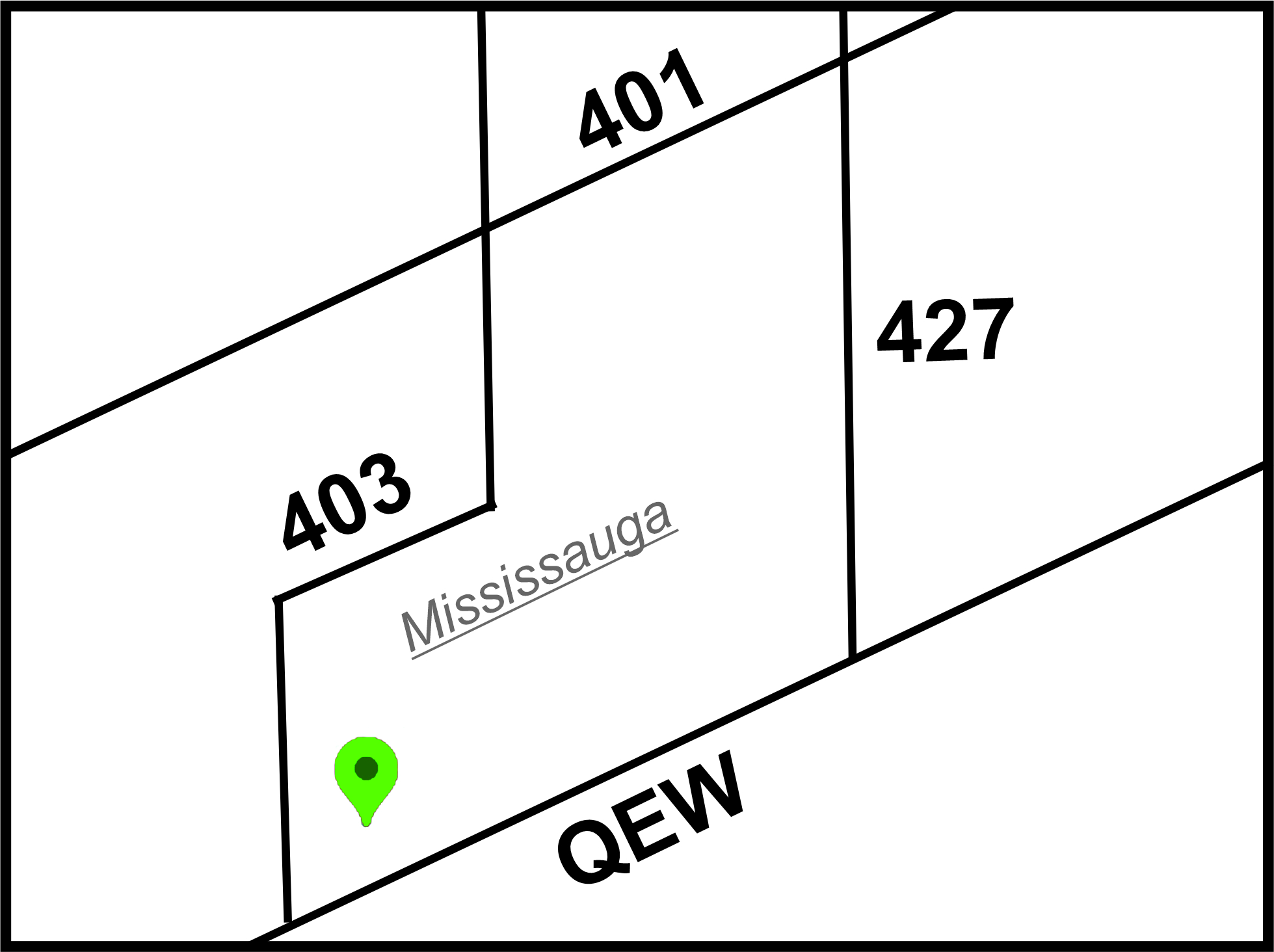
Blog Questions about beds and mattresses answered. And some stories told.
.jpg)
-
Size and Fit: Ensure that the mattress protector is the right size for your mattress. It should fit snugly and cover the entire surface to provide proper protection. (We can have a custom fit protector made for any size mattress)
-
Material: Consider the material the protector is made of. Common options include cotton, polyester, bamboo, and waterproof materials. Choose a material that suits your comfort preferences and any specific needs you have, such as waterproofing. (Waterproofing is important for mattress warranty purposes)
-
Waterproofing: If you're concerned about spills, accidents, or bedwetting, opt for a waterproof mattress protector. Look for one with a waterproof barrier that also maintains breathability to prevent overheating.
-
Allergen Protection: If you suffer from allergies, look for a mattress protector that offers hypoallergenic properties. These protectors are designed to repel dust mites, pet dander, and other allergens.
-
Breathability: A good mattress protector should allow air to circulate freely, preventing heat buildup and ensuring a comfortable sleep environment.
-
Ease of Cleaning: Check the care instructions for the mattress protector. Ideally, it should be easy to remove and machine washable to maintain cleanliness.
-
Noise Level: Some mattress protectors can create a crinkling or rustling noise when you move. If this is a concern, look for options that are designed to be quiet.
-
Durability: Invest in a high-quality mattress protector that will withstand regular use and washing over time.
-
Secure Fastening: Look for a mattress protector with a secure fastening mechanism, such as elasticized corners or a zipper, to ensure it stays in place without shifting. (Keep in mind fully encased zippered mattress protectors are much more difficult to place on and take off your mattress)



 Copyright © 2025 |
Copyright © 2025 |